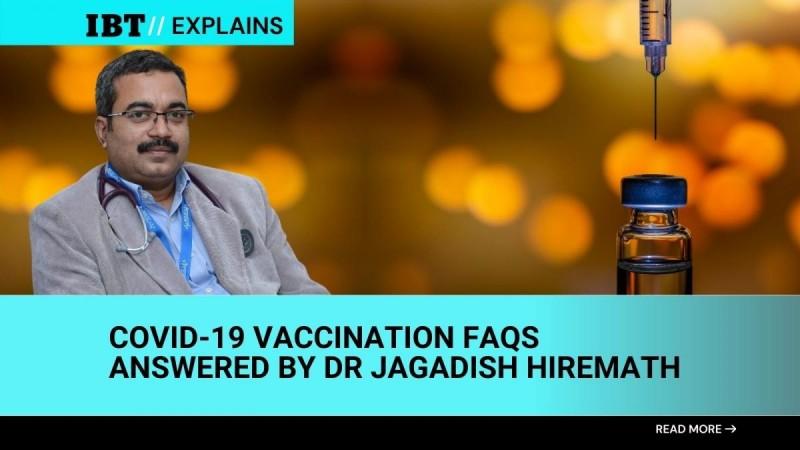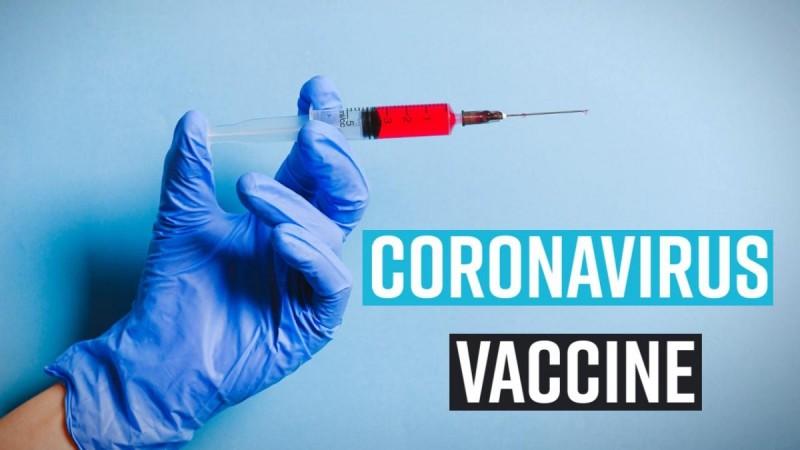Approved vaccines including Pfizer, Moderna, Covishield and Covaxin have shown near 100% efficacy in preventing death due to COVID and high efficacy against severe COVID, very high to moderate efficacy (60%-95%) against symptomatic COVID; however, they have shown poor efficacy against asymptomatic COVID. In one post-vaccination study done in the UK, there was zero admission of 85+-year-olds after vaccination.
No need to look at efficacy data of Phase III study. You can go for any vaccine available, post-vaccination results are similar.
All vaccines prevent severe COVID and death. Vaccination of a large cohort of the population is important if we want to save humanity from the ill effects of the current pandemic.

Everyone should get vaccinated.
Nasal vaccines might be able to prevent even asymptomatic COVID because it generates local IgA antibodies cutting chain of transmission and bringing an end to this pandemic.
Annual vaccination of COVID might be through nasal route.
We have data of 10000+ pregnant ladies vaccinated in the USA without any additional side effects. They have been followed up for 3 months.
Pregnant ladies can be safely vaccinated, but follow-up is a must.
Who can be vaccinated and when?
People with allergies to food, drugs, latex, venom previous non-COVID vaccine can safely take COVID vaccine.
People with severe anaphylaxis to previous non-COVID vaccine should take vaccine under the guidance of a physician only. It is important to disclose this information.

People who have had COVID in past should go for vaccination 4-6 weeks after recovery. Emerging trends & data show that they might need just one shot of vaccine as robust neutralizing antibody titres and Strong T cell responses have been found in COVID positive patients even after a single shot of vaccination. People with severe disease who were admitted to ICU should preferably wait at least 4 to 10 weeks after recovery before taking any vaccine. It is better that they contact their physician & keep him in the loop for vaccination.
People who have received Plasma therapy should wait at least four weeks before taking a vaccine. The preformed antibodies transfused in the external plasma will wane off in about 4 weeks and this will avoid the neutralization of virus(protein) produced by the COVID vaccine.
People with diabetes should go for vaccination after taking food/breakfast. It is very important that they get vaccinated at the first given opportunity.
People who are on Corticosteroids for various reasons should decrease the dose to less than 7.5 mg per day if possible for six weeks when taking the vaccine because higher doses act as immunosuppressive and may decrease immunity development.
Inhaled steroids need not be tapered when taking COVID vaccine as the systemic bioavailability of inhaled corticosteroids is low.
People with nasal allergy, Bronchial asthma skin allergy can be safely vaccinated.
![[Representational image] allergy](https://data1.ibtimes.co.in/en/full/685023/allergy.jpg?h=450&l=50&t=40)
People on immunosuppressive agents like methotrexate should stop the drug two weeks before and two weeks after the vaccine. It is very important that they keep their physicians in the loop before & after vaccination.
Those being treated for blood cancer:
- Those who have received a bone marrow transplant should wait at least 3 months. Their primary consultant or medical team should be informed before such patients go for vaccination.
- Those being given Monoclonal antibodies can be given vaccine safely.
- Those without bone marrow transplant/Cell therapy should wait for vaccine till Absolute Neutrophils Count returns to normal.
- Those who are planning to undergo a planned surgery should to take the vaccine at least 2 weeks in advance for protection. In case of emergencies, the surgical team will follow a different protocol.
For patients with Autoimmune diseases like SLE Sjogrens Syndrome, no disease-specific data exists but theoretically, Covishield and mRNA vaccination is unlikely to increase autoimmunity. Vaccination should be encouraged & extra caution should be taken.

Older people should be encouraged to take vaccines as the risk of COVID mortality is high among them.
People with dementia, paralysis etc neurological disorders should take vaccines as their COVID-appropriate behavior is likely to be compromised.
Stable CKD, cardiac failure, liver failure can take vaccines but their immune response may be poor.
Immunocompromised people should preferably be given Covishield vaccine as it has a non-replicating viral vector coding for spike protein.
People talking Aspirin and Clopidogrel need not stop these drugs before vaccination
People on anticoagulants can be given vaccines safely.
[Dr Jagadish Hiremath is a practicing doctor and a public health intellectual. He is also MD & CEO of ACE Healthcare which runs and manages hospitals in Bangalore. The views expressed in this article are the writer's own.]

















